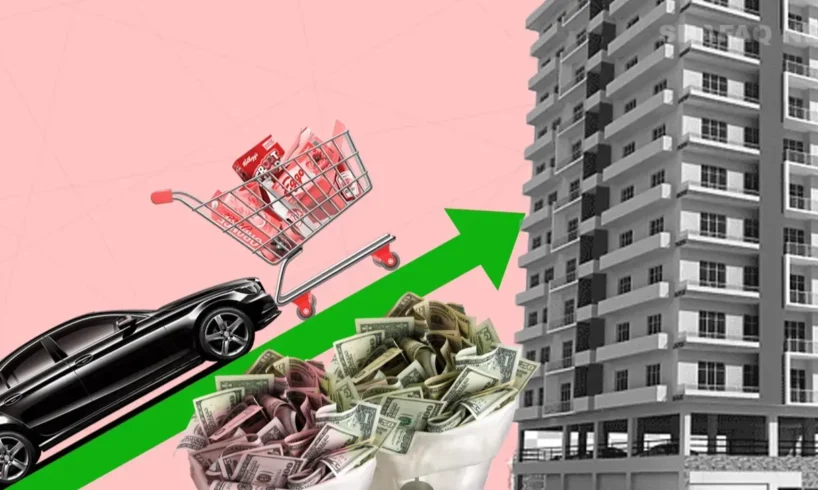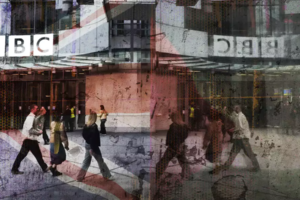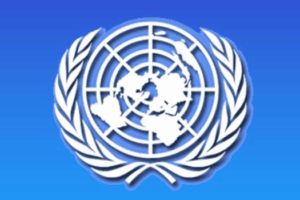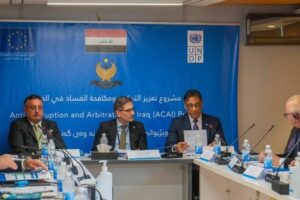
2025-10-08T06:04:44+00:00
font
Enable Reading Mode
A-
A
A+
Shafaq News – Baghdad
On a humid afternoon in the Iraqi capital, Abeer stopped at a street vendor to buy a small bottle of water for her son. She handed over 500 dinars—around 35 cents—and sighed: “In Al-Sulaymaniyah, we used to buy two bottles for that price.” Her faint smile disappeared as she recalled her landlord’s latest demand: $900 in monthly rent—well beyond her reach.
Across Baghdad, thousands of families share Abeer’s struggle. From a bottle of water or a taxi fare to apartments now priced in the millions, Iraq’s capital has become a city where household budgets vanish faster than anywhere else in the country.
Behind Baghdad’s bustling streets and bright storefronts stands a paradox: a city that appears prosperous yet feels increasingly unaffordable. Restaurants, clothing shops, and malls multiply across neighborhoods, but prices keep outpacing wages. A simple meal can cost double what it does elsewhere in Iraq, and housing prices now rival those in some of the region’s most expensive capitals.
Officially, Baghdad remains Iraq’s administrative and economic hub. In practice, it is weighed down by inflation, monopolies, and hidden costs born of corruption and weak regulation. According to Numbeo, a global database that tracks living conditions, Baghdad consistently ranks among the Middle East’s costliest capitals relative to income—surpassing Amman and Beirut in several consumer categories.
Economist Nabil Jabbar al-Ali told Shafaq News that Baghdad’s cost problem runs deeper than supply and demand. “Every product reaching the capital carries extra costs—from transportation fees to informal payments.”
“Monopolies and limited competition further inflate prices.”
He adds that chronic traffic congestion, high labor costs, and weak infrastructure make life expensive for both residents and businesses. “The real issue is structural corruption,” he says. “Importers are often forced to pay bribes to move goods or secure approvals, and those hidden costs eventually fall on the consumer.”
By contrast, al-Ali points to Turkiye, where efficient logistics networks—such as the national PTT postal and transport system—keep retail prices stable. Iraq’s lack of such networks leaves Baghdad’s markets exposed to arbitrary price hikes and delivery delays.
These pressures are reflected in daily costs. A small bottle of water (250 ml) costs 500 dinars—roughly 35 cents—in Baghdad, while two bottles cost half that in Kurdistan or southern Iraq. Parking can reach 5,000 dinars ($3.50), compared to 1,500 dinars ($1) elsewhere. Rents in Baghdad rarely fall below $800 for modest homes, while in Al-Sulaymaniyah or Erbil they range between $150 and $250.
In upscale districts, the price per square meter reaches $14,000—levels comparable to Dubai or Doha, yet without equivalent infrastructure. Even a short taxi ride that costs $3 in Al-Sulaymaniyah can exceed $10 in Baghdad.
A 2024 Economist Intelligence Unit report ranked Baghdad among the Middle East’s most expensive cities relative to income, trailing Dubai in housing costs.
The World Bank noted that urban living expenses in Iraq have risen nearly 20% faster than wage growth over the past five years. The result is a divided capital—luxury towers rising beside neighborhoods plagued by power cuts and poor sanitation.
Economist Safwan Qusai attributes Baghdad’s inflated prices partly to higher average incomes. “Households in Baghdad generally earn more, which raises demand and drives prices upward,” he told Shafaq News. But that higher income, he says, has not improved quality of life. “The answer lies in linking regional markets—connecting the south and Kurdistan with the capital to allow freer movement of goods and reduce disparities.”
Another expert, Mustafa al-Farraj, adds that Baghdad faces additional costs unique to its size and politics. “Security expenses, weak infrastructure, and unreliable power supply all add to the price of living,” he notes. “The growing wealth of a small elite further distorts the market, pushing the middle class closer to the poverty line.”
Real estate developer Kutba Mohammed says the property market illustrates this distortion. “Real estate has become Iraq’s safest investment,” she tells Shafaq News. “As the dinar weakened against the dollar, property values soared.” Yet she points to another factor: “Many corrupt actors launder money through real estate. Their unregulated funds flood the market and push prices far beyond real value.”
Previous Shafaq News investigations found that since 2003, real estate has been a major vehicle for money laundering and capital accumulation—fueling inequality across Baghdad’s housing market and locking many families out of ownership.
Today, Baghdad’s economy stands at a crossroads: a capital of expanding wealth but shrinking affordability. Experts warn the gap between cost and income could deepen further, turning the heart of Iraq’s economy into a city increasingly beyond the reach of its own citizens.
Read more: From boom to bust: What’s behind Iraq’s Real Estate downturn?





